|
September is always a time for new beginnings. This year brings some new challenges to the forefront of our minds. The past six months have been challenging between Covid19, protests, wild fires, unrest, uncertainty, it hasn’t been easy. At the same time there have been many blessings. A chance to slow down, reflect and time with family. As we head into fall the air is crisp the days are cooling off and the evenings come sooner. For some we are sending kids back to school in person and others virtual. Others are heading back into the office and this brings its own set of concerns. Under the surface I think we are all grappling with some anxiety and fear of the unknown we are stepping into. Addressing our nervous system is essential not only for adults but for our children and teens as well. Some of my favorite herbs for anxiety and stress are: Ashwagandha and Passion Flower Ashwagandha has a clinical history of over 3000 years, originating in India. Its botanical name is, Withania somnifera, and it’s also known as Indian ginseng. It is a well known adaptogen herb, meaning it has the ability to regulate certain hormones or metabolic functions in the body, it helps the body adapt to stressful situations and also improves our natural response to anxiety. Ashwagandha plant is a small shrub with yellow flowers that's native to India and North Africa. Extracts or powder from the plant's root or leaves are used to treat a number of conditions. Chronic stress leads to elevated levels of cortisol in the body. Cortisol is a stress hormone that your adrenal glands release in response to stress, this also happen when your blood sugar levels get too low. When adults and children have chronic stress cortisol levels may become elevated over time, this can lead to high blood sugar levels and increased fat storage in the abdomen. In one study in chronically stressed adults, those who used Ashwagandha had approximately a 30% reduction in cortisol, compared with the control group. In another recent study Ashwaganda had the ability to block the stress pathway in the brains of rats by regulating chemical signaling in the nervous system. In yet another study, people with chronic stress were observed for three months , those in the group that supplemented with Ashwagandha reported a 69% reduction in anxiety and insomnia, on average, compared with 11% in the placebo group. Several studies also show Ashwagandha can also help decrease inflammation in the body. Inflammation is toxic in the body for many reasons. There is acute and chronic inflammation. Acute inflammation happens over a short period of time and the body is usually able to resolve this and bring the body back to homeostasis. Chronic inflammation is more problematic. It lasts longer than 6 weeks and does not always resolve on its own, it has been linked to autoimmune disorders, depression, fatigue, insomnia, weight gain, pain, mood disorders, frequent infections and gastrointestinal issues. Ashwagandha also has brain boosting properties as well. Historically it has been used to boost memory and it promotes antioxidant activity that protects nerve cells from harmful free radicals. In one study healthy men who took 500 mg of standardized extract daily, found significant improvements in their reaction time and task performance, compared with men who received a placebo. Ashwagandha also increases the activity of natural killer cells in the body, these are immune cells which fight infection. This is especially important as we move into cold and flu season and Covid19 the need to stay vigilant in protecting our ourselves from outside pathogens is essential. Here's an ashwagandha I use in my clinic click here for details. Passion Flower is a climbing vine that is native to the southeastern United States and Central and South America. Native cultures have used Passion flower historically as a sedative herb. Passion Flower has many uses from anxiety to insomnia, in addition it has also been used for pain conditions, menopausal symptoms, ADHD (attention-deficit hyperactivity disorder) and heart problems. Passion flowers chemical components such as alkaloids, GABA and bioflavonoids are what aids the body in calming the nervous system. Studies show passion flower may increase levels of gamma-aminobutyric acid (GABA), a chemical the brain makes to help regulate mood. GABA is an inhibitory neurotransmitter which counters neurotransmitters that cause excitement, as a result it has a calming effect in the body. Passion flower can easily be made into an infusion (strong tea) and sipped throughout the day. This a an excellent remedy for kids and teens. It tastes great and can be refrigerated and used for a few days. Several clinical studies have shown that passion flower has anxiety-calming effects in the body. In one study they found results similar to anti-anxiety medication in mice. There were also two clinical trials in that found it had sedative effects in the body as well. Here's a passion flower I like you can click here for details. Supplements I also like for anxiety and stress are L-theanine & 5 HTP. L-theanine is an amino acid found naturally in tea leaves and in Bay Bolete mushrooms. It is found in green, black tea and Oolong tea. L-theanine has been used for stress and anxiety, increased focus and also improves immunity. Recent studies have found L-theanine reduced stress and anxiety in people who were experiencing elevated stress levels in their life. In addition, l-theanine is unique in that it increased relaxation without causing drowsiness or reduced resting heart rate. L-theanine also elevates levels of GABA in the body, as well as serotonin & dopamine. These chemicals are neurotransmitters and they work in the brain to regulate emotions, mood, concentration, alertness, and sleep, appetite and energy. L’theanine is also associated with increased levels of Alpha- brain waves . These are the same brain waves that are increased during meditation. L-theanine promotes healthy sleep, by lowering anxiety which thereby aids in falling asleep more quickly. One study also found that doses of 250 mg and 400 mg of L-theanine significantly improved sleep in animals and humans. In addition, L-theanine has been used in ADHD. A study done in 2011 looked at the effects of L-theanine on 98 boys aged 8 to 12. A randomized group was given two 100 mg chewable tablets of L-theanine twice daily. The other group received placebo pills. After a six week period the group taking the supplement was found to greater concentration and focus than the placebo group. Some research suggests L-Theanine may also boost immunity by decrease the incidence of upper respiratory tract infections. L-5 hydroxytryptophan (5-HTP) 5-HTP is derived from Griffonia simplicifolia. The common name is Griffonia, which is a common shrub native to West Africa, Sera Leone and the Congo. 5-HTP has been used for depression, anxiety, weight loss, headaches, motion sickness and insomnia. 5-HTP is a compound, which is a natural precursor to the neurotransmitter, serotonin. Serotonin helps produce the “feel-good” chemicals in the brain and body. Serotonin can affect sleep, appetite, pain, and mood. Since 5-HTP increases serotonin, Griffonia simplicifolia is used for disorders where serotonin is is effected, such as depression and anxiety. 5- HTP has also been studied for its use for motion sickness. A study evaluated the safety and efficacy of a Griffonia seed extract and magnesium combination in two groups of children with motion sickness. The combination was comprised of 50 mg of G. simplicifolia and 200 mg of magnesium, intended as prophylactic therapy. The supplement was given by mouth twice a day for 90 days to the treatment group. The other group did not receive treatment for motion sickness. A few essential oils I love for stress and anxiety. The first is Frankinsecence, Ru Xiang resin - from Boswellia tree currently produced in middle eastern countries. This oil dates back to ancient times, mentioned throughout history as an oil used for healing and as a sacred gift. In aromatherapy, inhaling the scent of an essential oil (or absorbing it through the skin) sends messages to the limbic system, a brain region that influences our emotions and nervous systems. Frankincense enters the Lung, Heart, Kidney. It is an excellent mood balancer. It will help with feeling of anxiety and boost immune function. It is also an excellent anti-inflammatory and can be used on inflamed muscles, healing broken bones and arthritis. It has a sweet woody smell, its aroma is ancient it diminishes feeling of stress and anxiety while improving concentration as well.
3 Comments
|
Archives
July 2024
Categories |

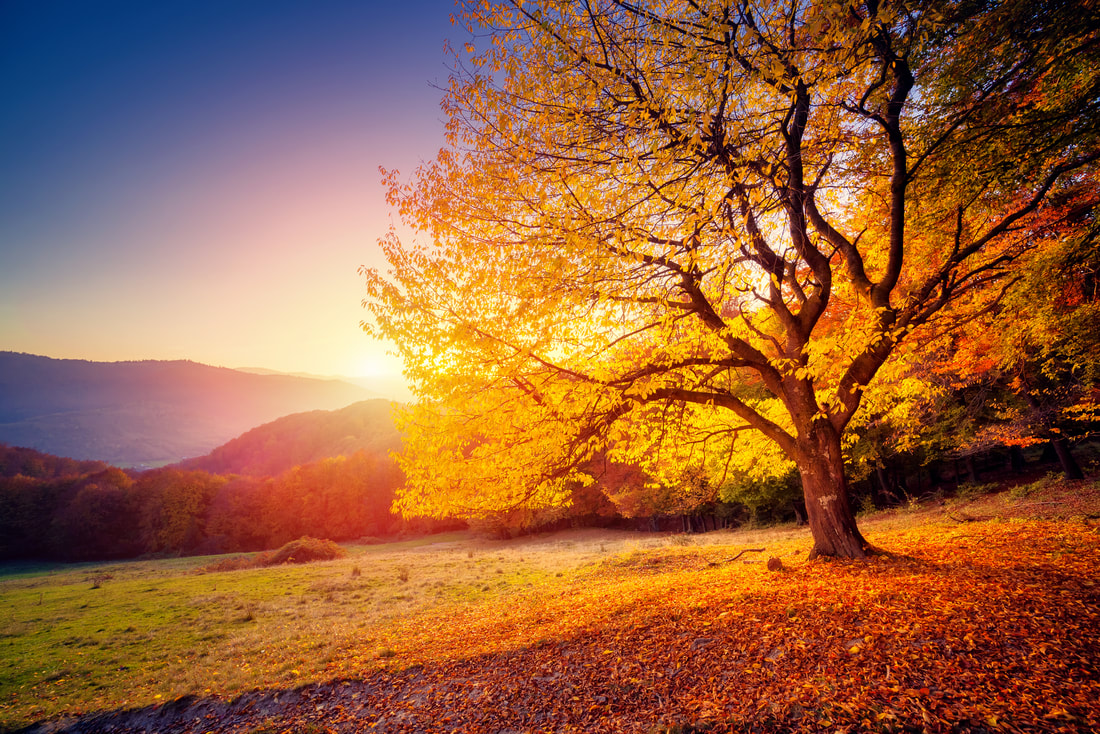
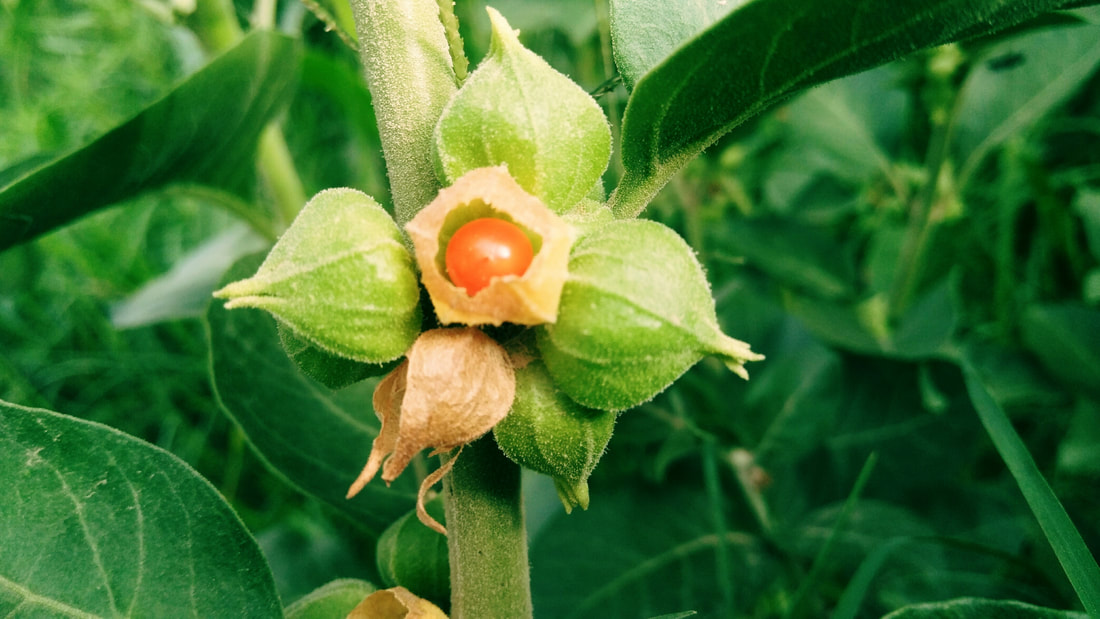
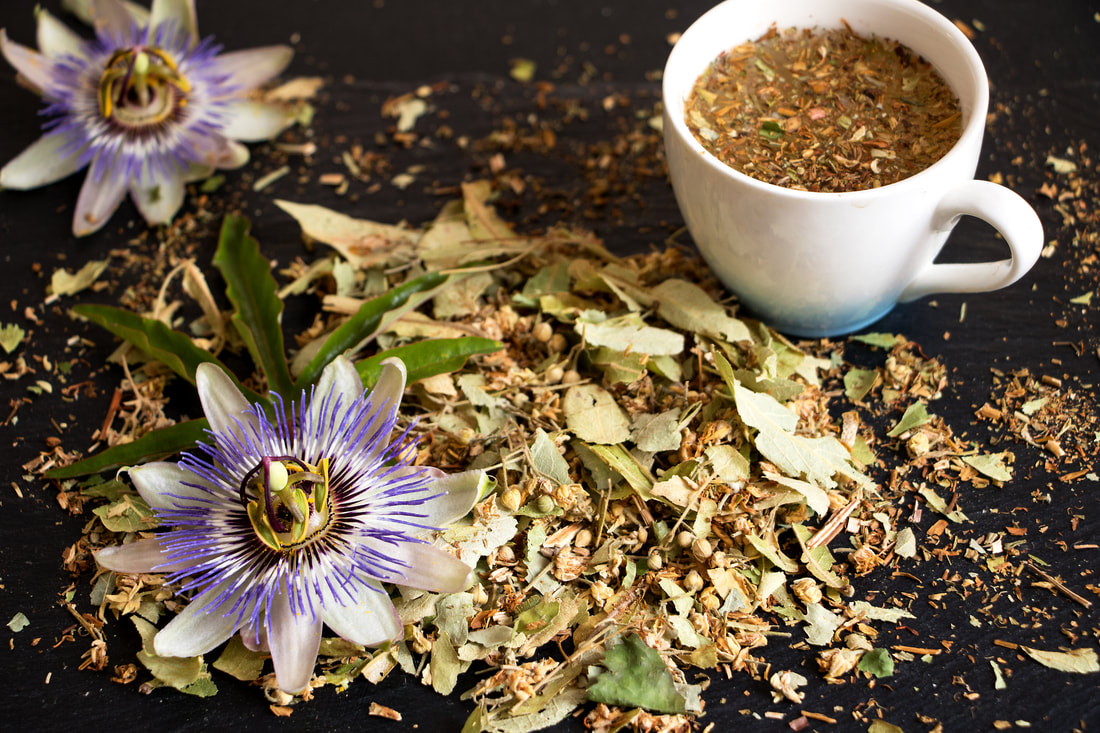
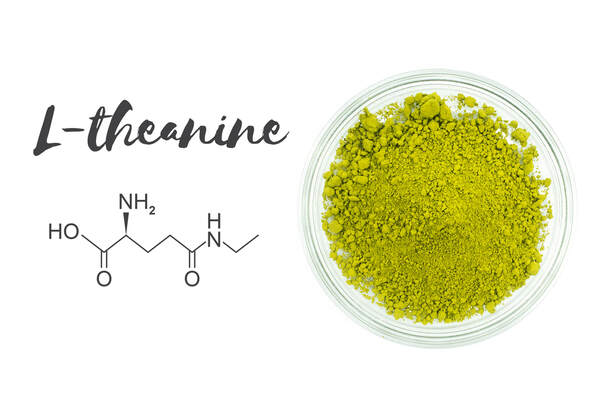
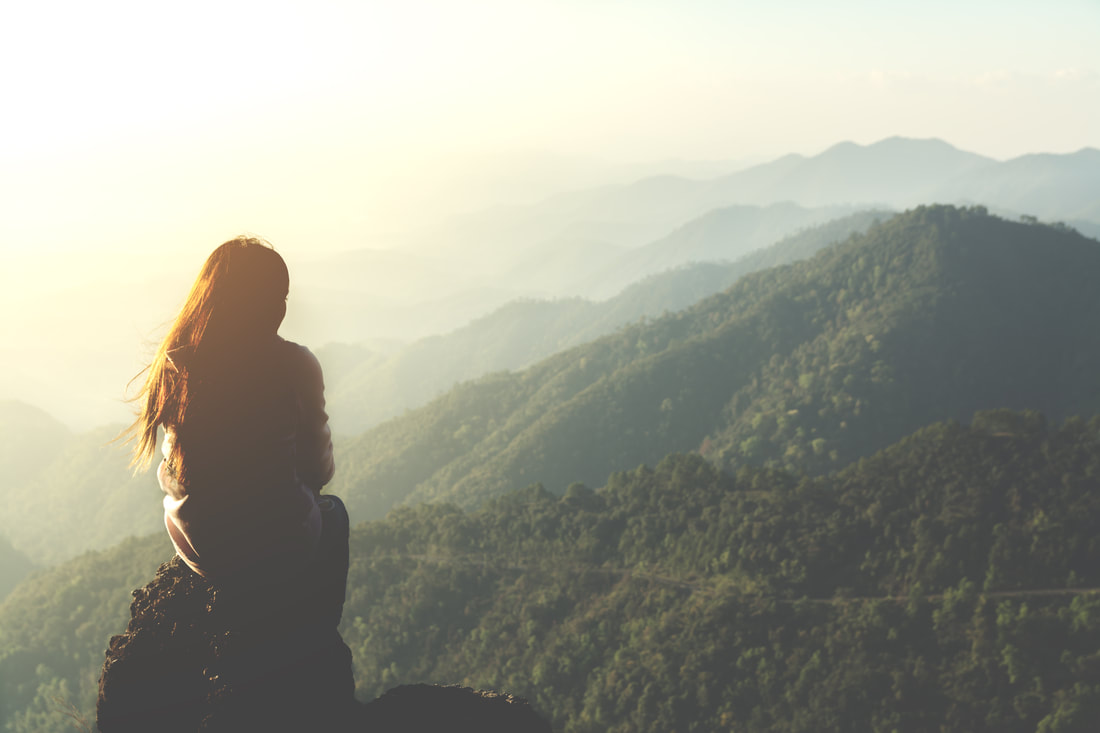
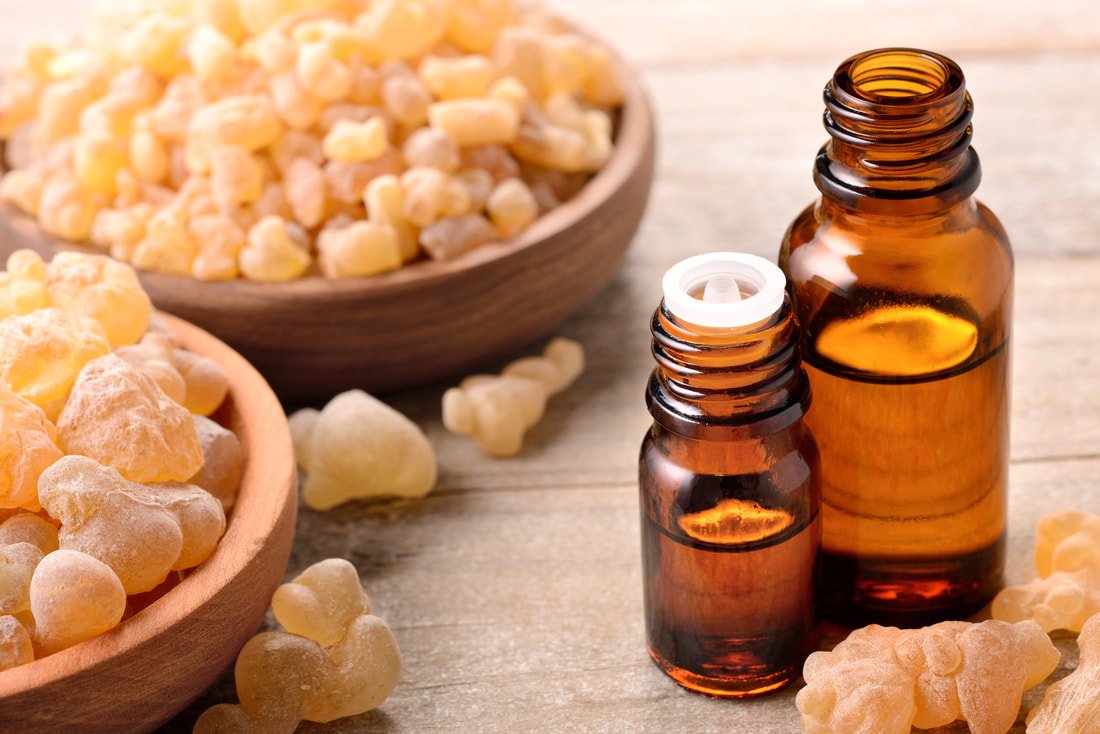
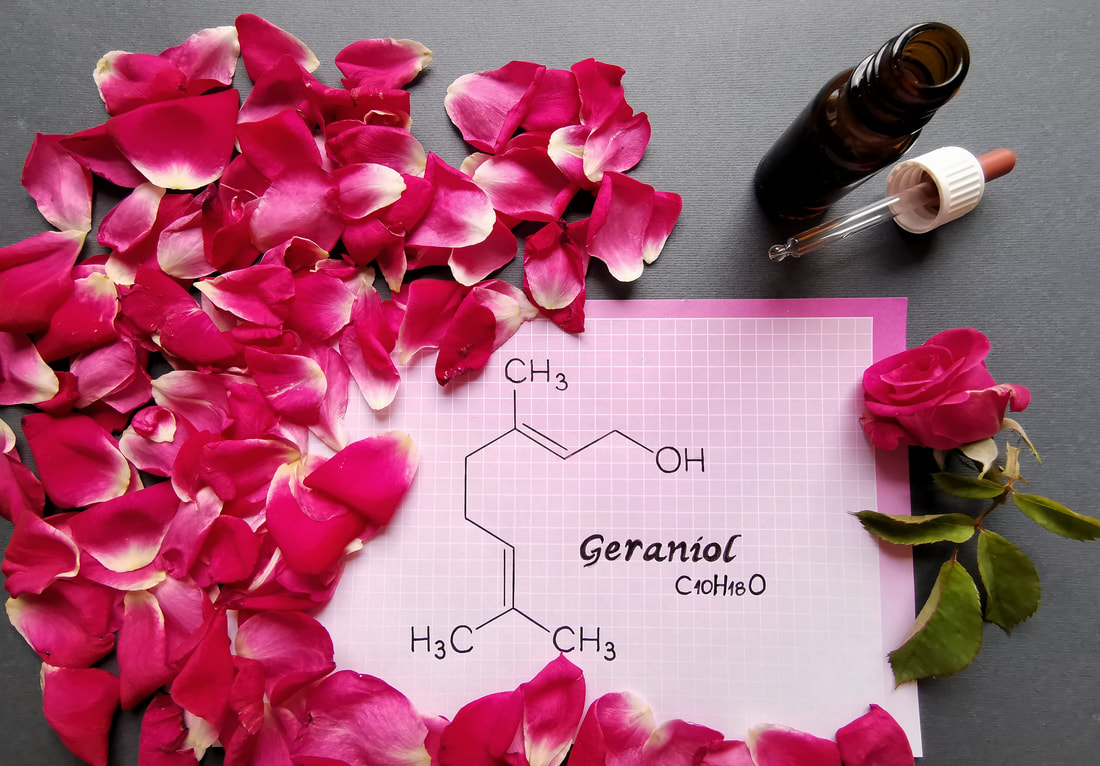
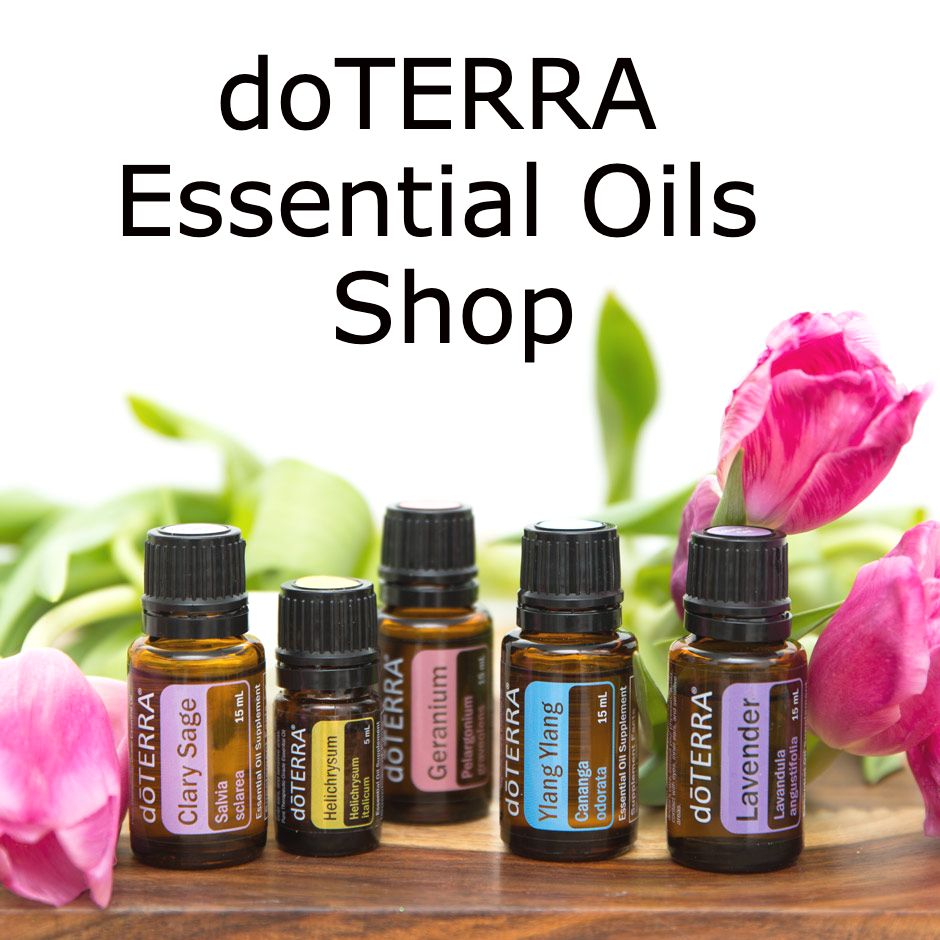
 RSS Feed
RSS Feed